During the third year of the Community for Creativity program at Rising Starr Middle School, students and teachers are encountering a school year unlike any other.
“I think it would be easy to use the pandemic as an excuse, to place creativity on the backburner until things get back to normal,” remarked principal Kathy Smith. “The truth is, right now we need creative problem solving more than ever. Our goal is to use this moment in education as an opportunity to drive our classrooms forward. From exploring new technologies to virtual meetings with industry partners, we are reinventing how students, teachers, and community leaders interact.”
The CFC program has expanded from the initial pilot group of 72 students, to over 500 students, comprised of the entire sixth grade and smaller focus groups in seventh and eighth grades.
“We’ve learned a lot these last few years,” says Program Facilitator Christy Todd. “One big piece of the puzzle is helping our learners discover that creativity isn’t limited to the arts…anyone can be creative…in any area. It just comes down to the ability to transfer knowledge, creating new ideas to solve problems or fulfill a need. The hardest part for students is determining the need, trying to find a place where their ideas have value and potential for making the world a better place.”
Enter the Gig Economy. RSMS is actively partnering with stakeholders inside and outside of the building to match students to small jobs, or “gigs” aligned to their interests.
Interested in fashion design? Students can upcycle articles of clothing for thrift shop Clothes Less Traveled, benefitting local nonprofits in need.
Intrigued by coding? The Fayette County Historical Society is looking for a group of students to create their walking tour in a virtual format.
Want to become a scientist? Students can monitor and sample the water quality of local streams, working with the Fayette County Water System to analyze data.
Interested in songwriting? Students can make original music to release under the school’s recording label, Hall Pass Entertainment.
“We have over 40 gigs aligned to student interests, helping them expand their knowledge of the community, career opportunities, and various industry technologies,” says Dr. Wendy Ashmore, Career Teacher and Project Based Learning Instructional Coach. “Students are reading, writing, and researching projects where they have a vested interest, reinforcing literacy standards in a personalized, collaborative, and interdisciplinary manner.”
Eventually as eighth graders, students will complete a capstone project in a self-selected area of interest, complete with the development of an e-portfolio that details the process. “We want our students leaving Rising Starr Middle School with the ability to identify and creatively solve problems on their own,” says Smith, “which is where real change can happen in their lives and our community.”
Community stakeholders interested in partnering with the Community for Creativity initiative can contact Fayette’s Coordinator of Innovative Partnership Development, Virginia Gibbs at [email protected].
Fayette County Public Schools’ Community for Creativity positions students as creators, leveraging collaboration and ingenuity to connect students to the creative economy. The Community for Creativity develops and nurtures students’ ability to create original ideas, content, and solutions to real-world problems by connecting classrooms with industry and community partners and by promoting creative, collaborative problem-solving. Learn more at www.communityforcreativity.org.





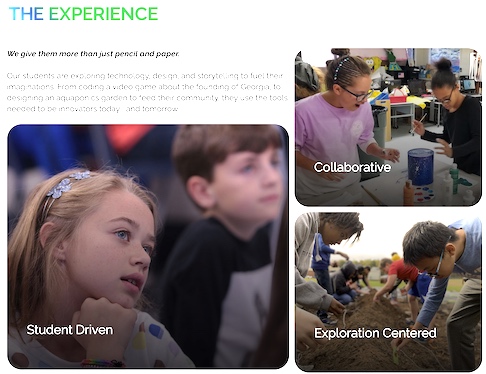


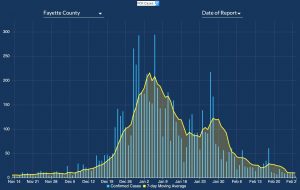
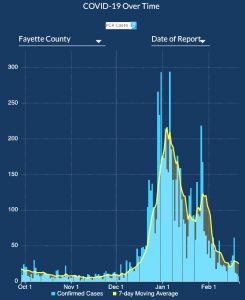
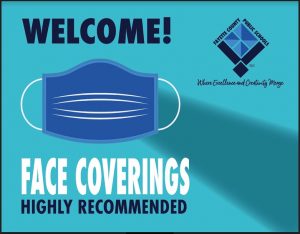
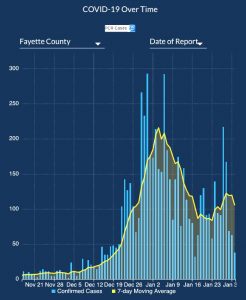

Leave a Comment
You must be logged in to post a comment.